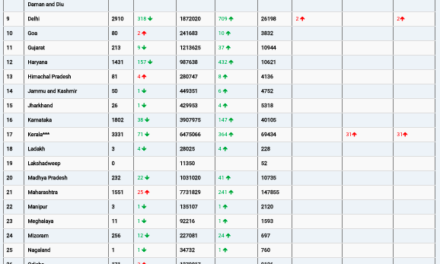In a damning exposé released on World No Tobacco Day, The BMJ published findings from The Investigative Desk revealing the pervasive influence of tobacco-funded research in prominent medical journals. Despite longstanding concerns over conflicts of interest, the study uncovered a troubling reality: a significant portion of research in leading medical publications is funded, wholly or in part, by the tobacco industry.
The investigation, conducted through rigorous analysis of the PubMed database, unearthed numerous collaborations between major tobacco companies and medical research entities. This collaboration spans across subsidiaries focused on medical and pharmaceutical research, highlighting a complex web of financial influence.
Shockingly, out of 40 leading medical journals surveyed, only 8 had policies in place to prohibit tobacco-funded studies. This lack of stringent guidelines is particularly glaring in specialties directly affected by smoking, such as respiratory medicine, oncology, and cardiology. For instance, while six respiratory medicine journals had some form of tobacco policy, oncology had just one, and cardiology none. Only The BMJ stood out among general medical journals with a clear prohibition policy against tobacco-funded research.
Commenting on these findings, Ruth Malone, a professor of social behavioral sciences at the University of California, emphasized the ethical imperative for institutions and professionals to sever ties with the tobacco industry. “The tobacco industry’s documented history of subverting scientific integrity demands a firm stance against any form of collaboration,” she asserted.
Nicholas Hopkinson, professor of respiratory medicine at Imperial College London, echoed these concerns, stressing that any association with tobacco companies risks compromising scientific independence. “Researchers must prioritize ethical standards over financial incentives,” he warned, highlighting the detrimental impact on public health if such conflicts persist.
As the debate intensifies, calls for stricter journal policies and greater transparency resonate among scientific communities worldwide. The revelation serves as a stark reminder of the ongoing battle to safeguard scientific integrity against corporate interests, particularly within the sensitive realm of public health research.












